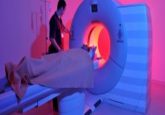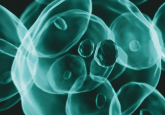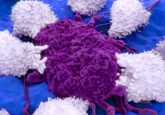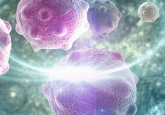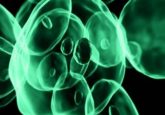‘Et tu, inhibitor?’: the potential for HIV inhibitors to prime P-gp-mediated chemoresistance in cancer
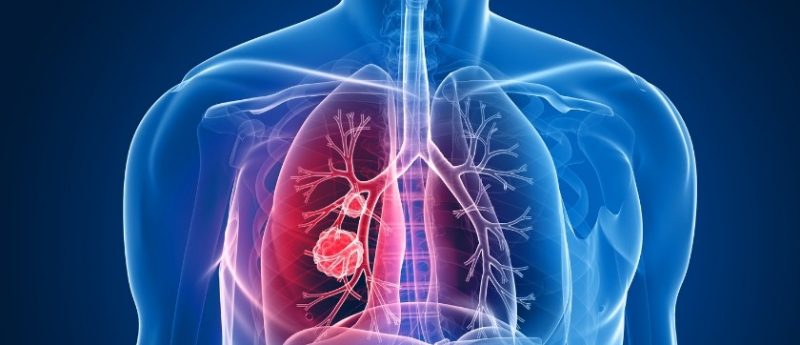
The major hurdle regarding effective cancer treatment is the ability to prevent and overcome the mechanisms that drive chemoresistance. It is through chemoresistance that tumor populations are given opportunity to acquire more aggressive, metastatic phenotypes and decrease the chances of overall survival in patients carrying the pathophysiological burden of chemoresistant tumors. Based on this foundational issue regarding chemoresistance and cancer severity, efforts within the research community have been directed toward elucidating the molecular mechanisms that facilitate chemoresistance, many of which work in concert with one another.
These chemoresistant mechanisms include treatment-based clonal selection, therapy-resistant somatic mutation development, induction of autophagy-mediated survival, increased expression of DNA repair enzymes and apoptotic resistance proteins, bypass signaling events via cross-talk with secondary extracellular signaling pathways and induction of multidrug resistance (MDR) efflux transporters [1]. While understanding of chemoresistant mechanisms has greatly expanded in recent years, one of the first chemoresistance mechanisms studied extensively, drug-induced overexpression of the MDR transporter P-gp, still remains unclear regarding the various ways in which it can be induced [2].
Click here to read the full article in Future Science OA.

